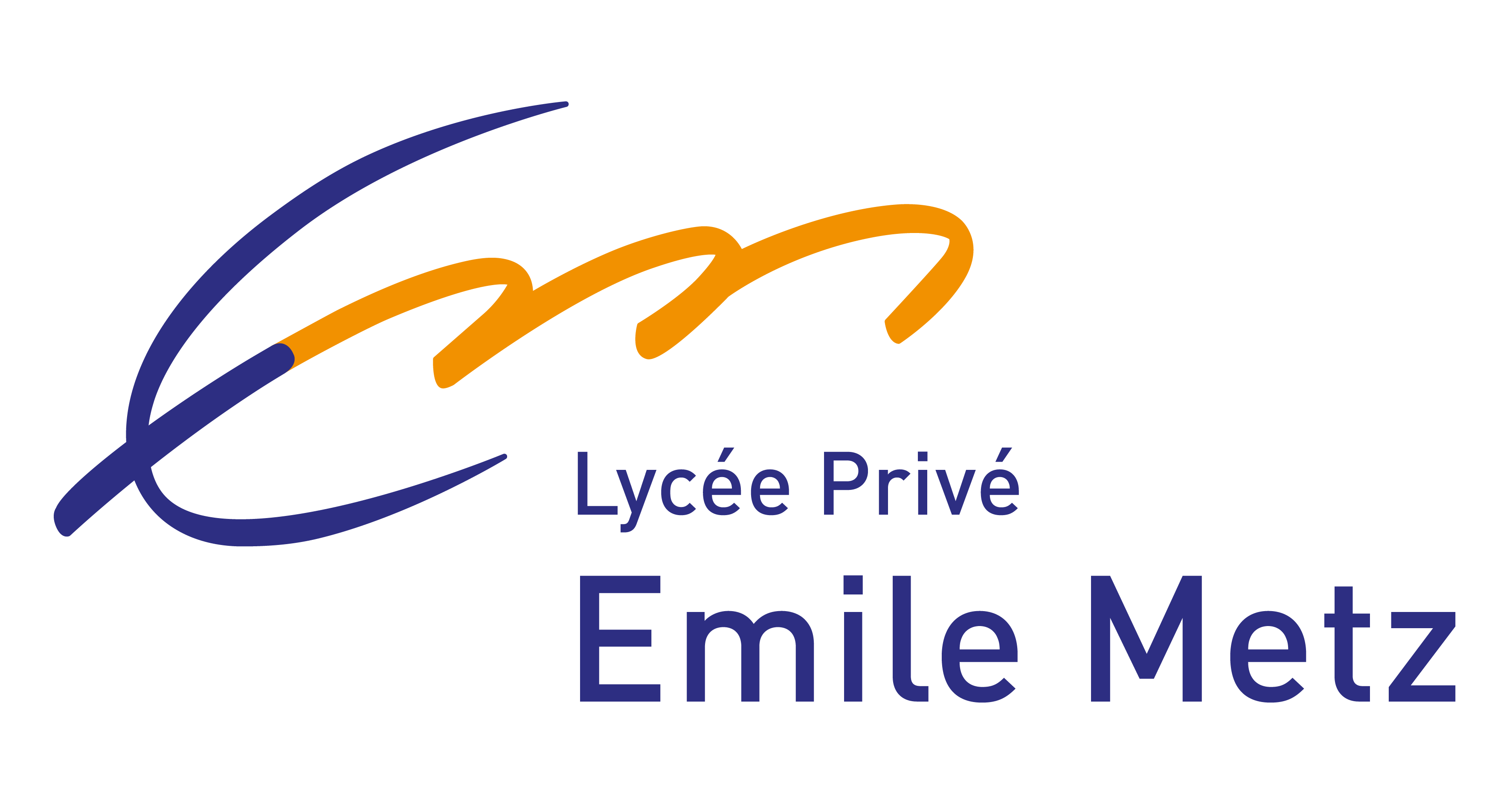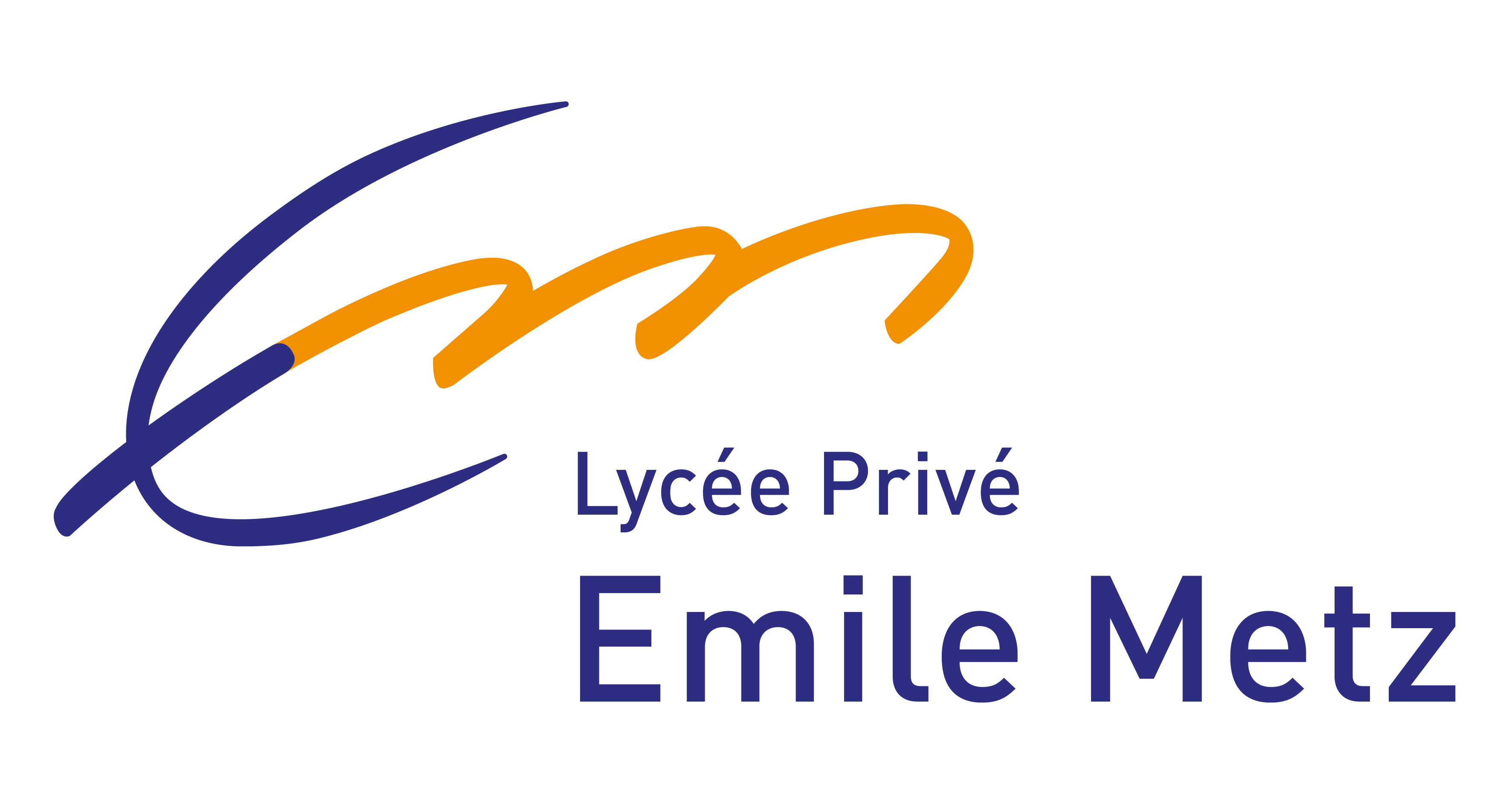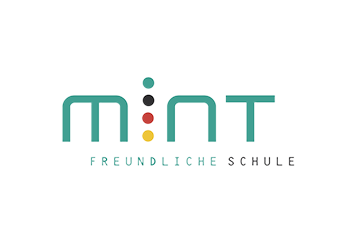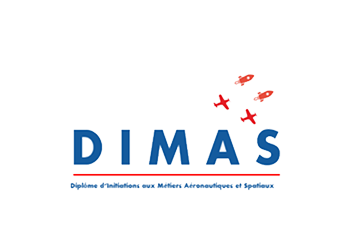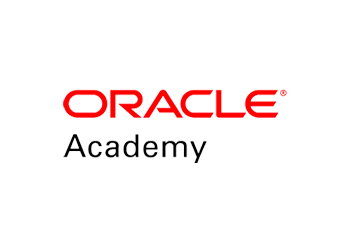The LPEM offers at both sites in Dommeldange and Differdange English-speaking courses at professional training level in the following sections:
Integration Classes for Young Adults (CLIJA)
DT (Technician’s Diploma):
DAP (Diploma of Vocational Training)
The aim of these diplomas is to provide highly advanced professional training enabling students to go straight into working life or higher technical studies in their diploma specialty, provided they have taken and passed the optional preparatory modules for higher technical studies. The Technician’s Diploma differs from the Diploma of Vocational Training in having a more in-depth and diversified theoretical skills profile as well as a more advanced general knowledge.
Technician’s training lasts 4 years. These courses are organized with internship contracts (12 weeks minimum in total).
In their professional life technicians can move on towards practical work in the field or towards more administrative work (e.g. in a technical office preparing work, calculating estimates, etc.). Depending on ambitions and opportunities, the technician may progress to a position of responsibility (e.g. team leader).
After the Technician’s Diploma, learners can continue their training: either they pursue a study training in higher classes of General Secondary Education, or they take preparatory modules for higher technical studies. These modules may be acquired during the normal study training or taken after the end of the training. Successful completion is certified by a diploma supplement which gives access to advanced technical studies in the training specialty.
For 4TPIFI and 4TPMGI classes, candidates will have to take a test in English and mathematics. This test is part of the admission process. Candidates will be invited to attend one of the three sessions indicated in the description.
Le LPEM offre sur ses deux sites, à Dommeldange et à Differdange, des formations anglophones au niveau de la formation professionnelle les sections :
Integration Classes for Young Adults (CLIJA)
DT (Diplôme de Technicien):
DAP (Diplôme d’Aptitude Professionnelle)
Ces diplômes visent une formation professionnelle très poussée et permettent à l’élève d’accéder directement à la vie active ou à des études techniques supérieures dans la spécialité de son diplôme sous condition d’avoir suivi et réussi les modules facultatifs préparatoires aux études techniques supérieures. Le diplôme de technicien se distingue du diplôme d’aptitude professionnelle par un profil de compétences théoriques plus approfondies et diversifiées ainsi que par une culture générale plus poussée.
La durée des formations du technicien est de 4 ans. Ces formations sont organisées avec des contrats de stage (12 semaines minimum au total).
Le technicien peut s’orienter dans la vie professionnelle, d’un côté vers un travail pratique sur le terrain, de l’autre côté vers un travail plus administratif (p. ex. dans un bureau technique dans la préparation de travail, le calcul de devis, etc.). Selon les ambitions et les opportunités, le technicien peut évoluer vers un poste à responsabilité (p.ex. comme responsable d’une équipe).
Après le DT, l’apprenant peut continuer sa formation : soit il poursuit un cursus dans les classes supérieures de l’Enseignement Secondaire Général, soit il suit des modules préparatoires aux études techniques supérieures. Ces modules peuvent s’acquérir dans le cadre de la durée normale des études ou être suivis après la fin de la formation. La réussite est certifiée par un supplément au diplôme qui donne accès aux études techniques supérieures dans la spécialité correspondant à la formation.
Pour les classes de 4TPIFI et 4TPMGI, les candidats devront se soumettre à un test en anglais et en mathématiques. Ce test fait partie du processus d’admission. Les candidats seront invités à participer à l’une des trois sessions indiquées dans le descriptif.
